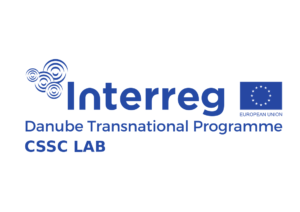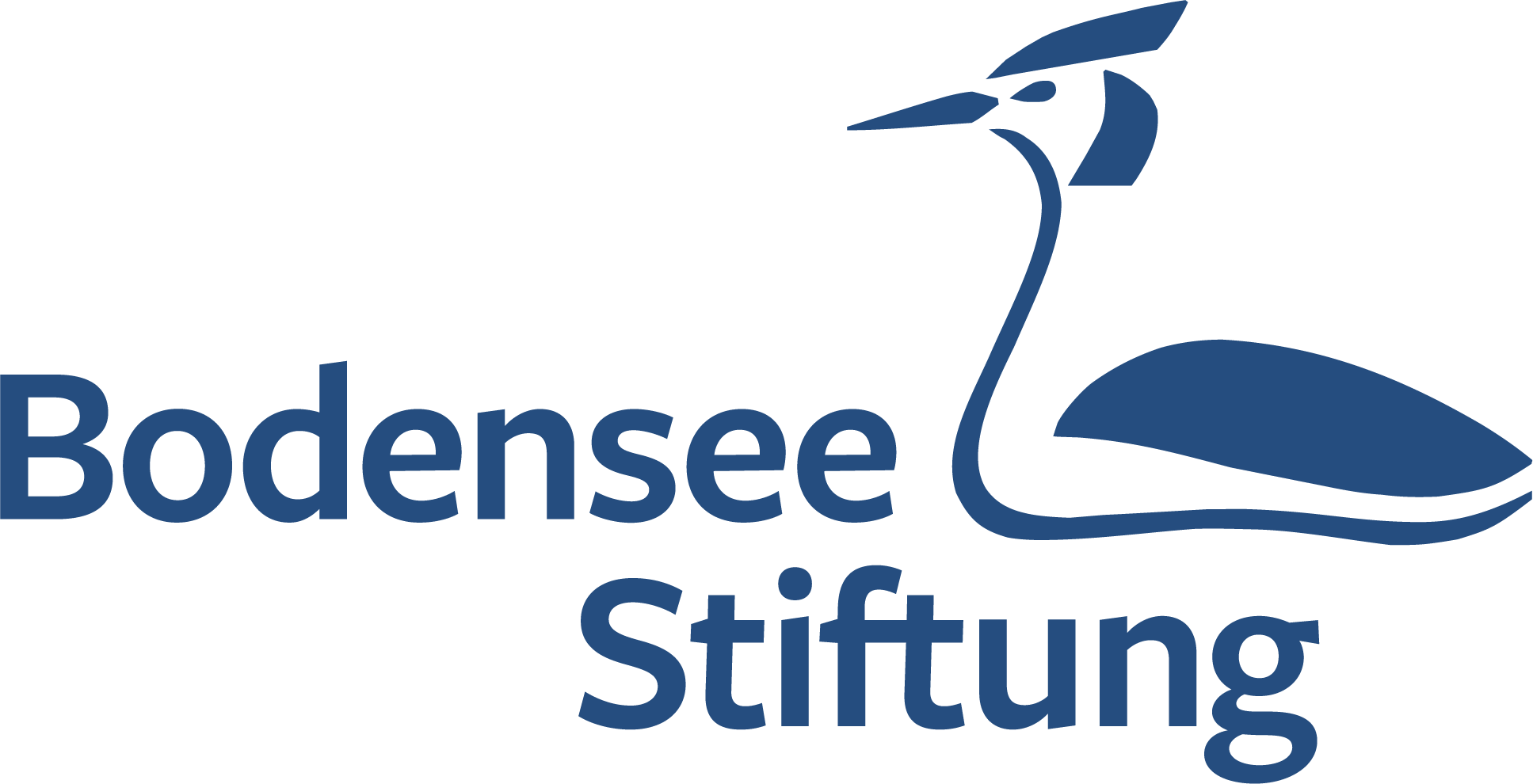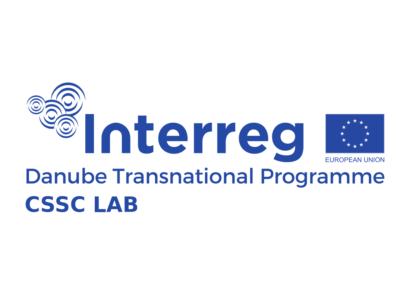
The CSSC Lab team of the Lake Constance Foundation had an exchange with the RES-TMO project lead about possible synergies and cooperation opportunities. The main goal of CSSC Lab is to familiarize municipalities and smaller cities in the Danube region with innovative solution approaches in the field of sector coupling and energy storage. RES-TMO explores regional concepts for integrated, efficient and sustainable energy supply and storage in the Transnational Metropolitan Region Upper Rhine. Interesting potential links between the two Interreg projects have been uncovered, as both – to different extents and with different instruments – will provide strategic recommendations to accelerate the energy transition in EU border regions.
While RES-TMO will provide policy recommendations derived from an assessment of renewable energy potentials, model-based scenarios for a sustainable and resilient regional energy system as well as the enabling regulatory, economic and societal framework conditions thereof, the CSSC Lab will as a main target deliver training / capacity building programs on suitable sector coupling approaches (i.e. for electricity, heat and transport) for medium-sized and smaller cities in the Danube region. This is intended to improve the energy security and efficiency of these municipalities and towns and increase their contribution to meeting EU climate targets.
In addition to promoting the energy transition in cross-border regions, the two projects are linked by the provision of solution approaches for municipalities in rural areas. Furthermore, they aim at connecting actors and establishing networks. The CSSC Lab will also provide excursions and training for municipal actors. Given the parallels and possible synergies, a regular exchange will take place between the two projects.



